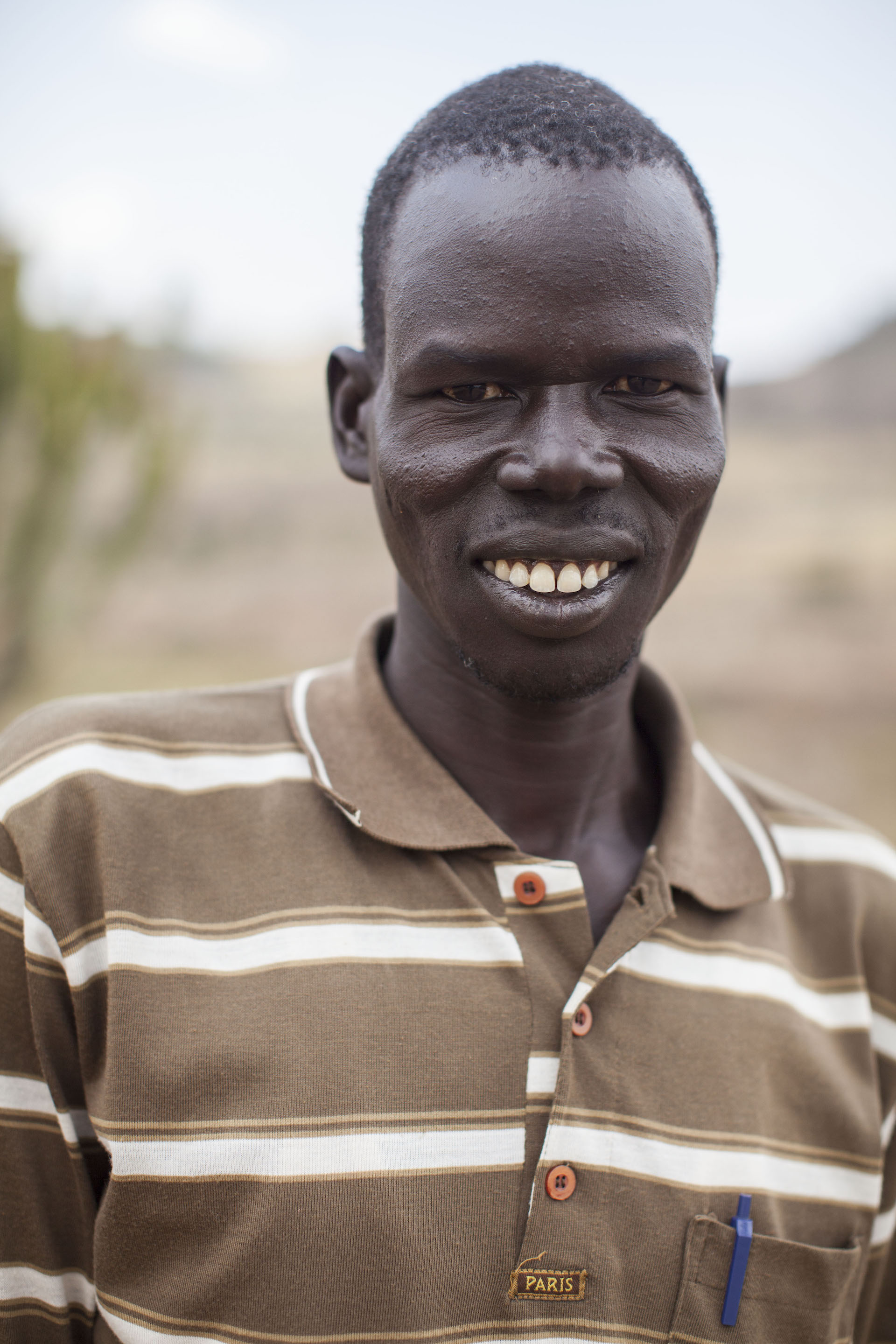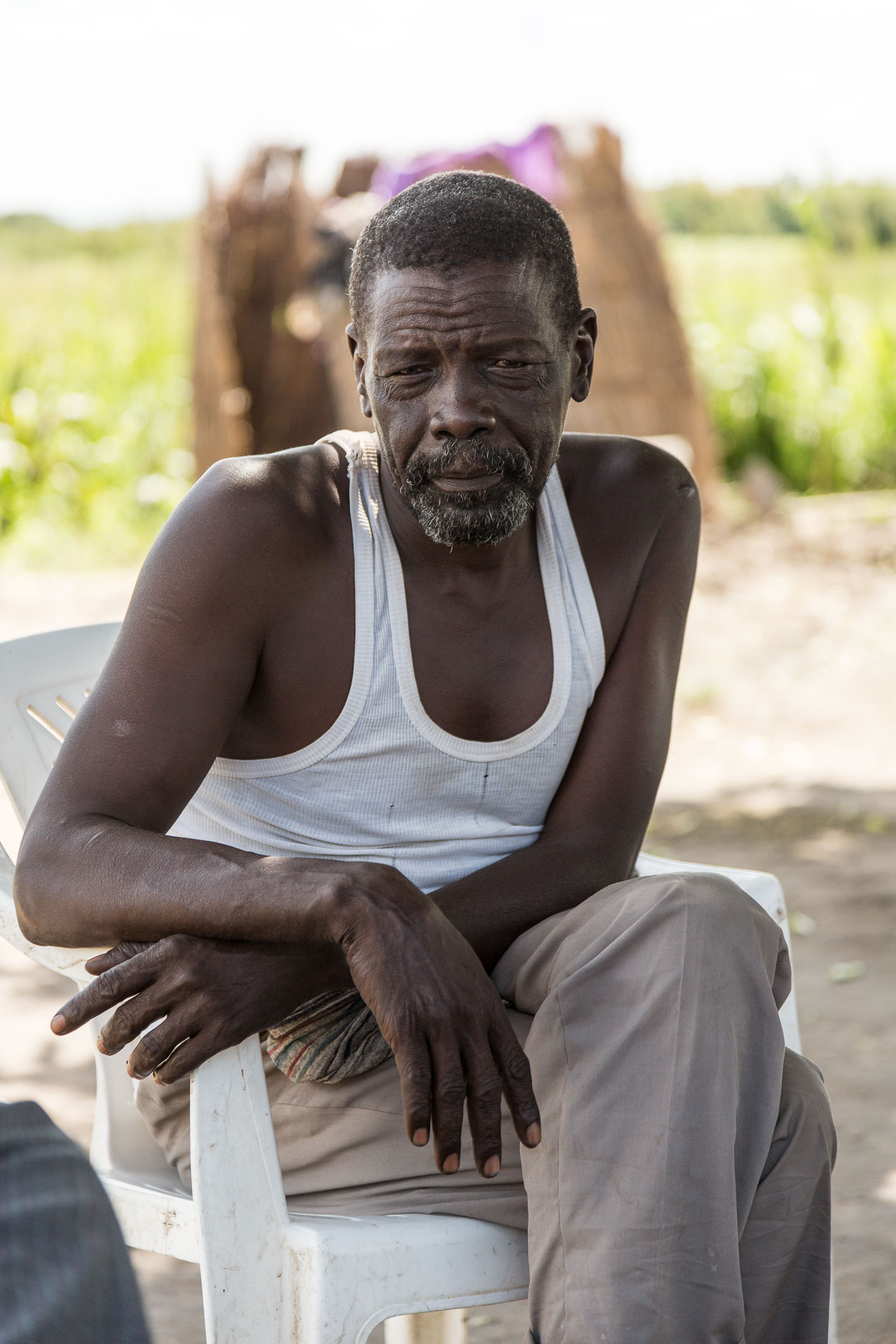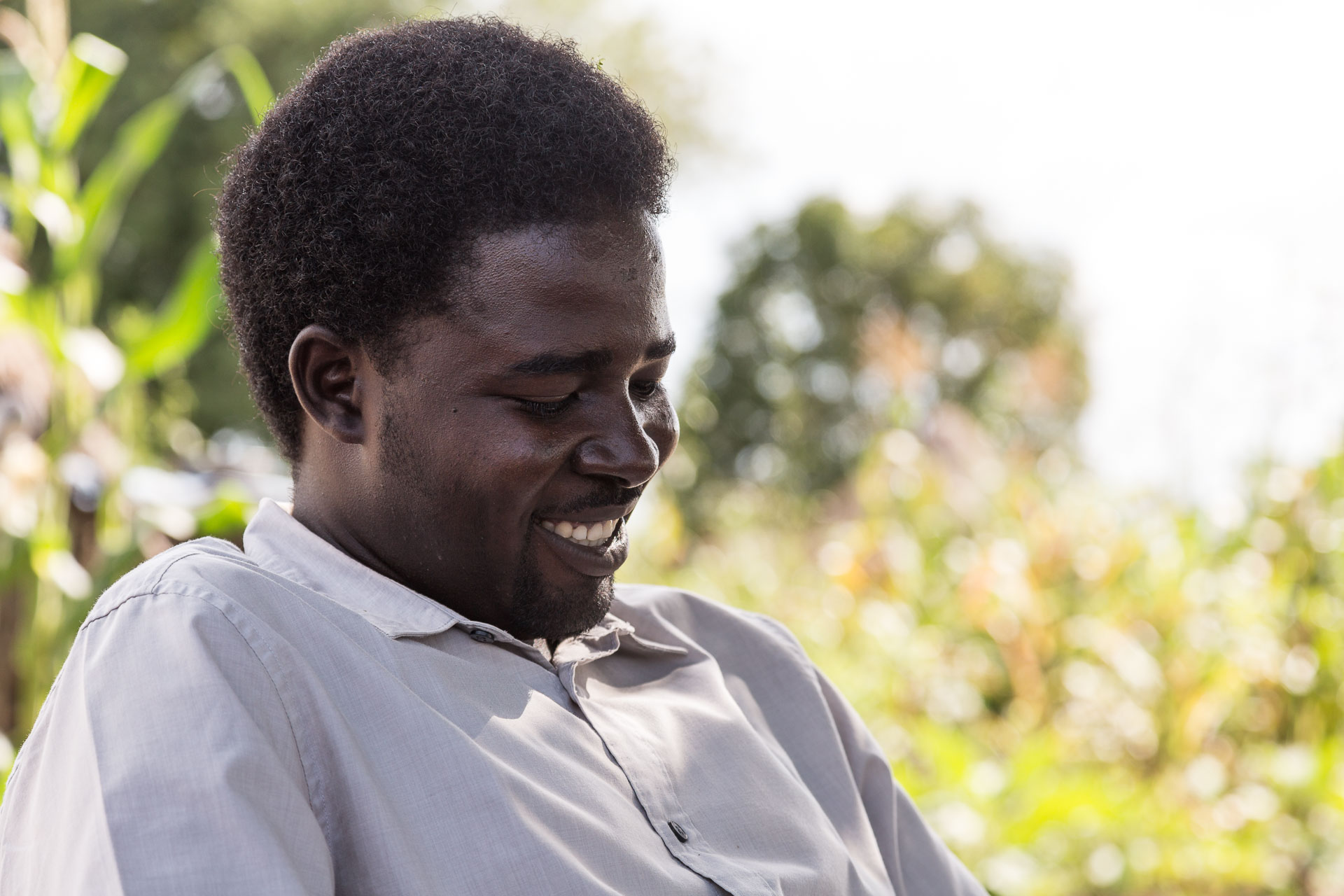I work with refugees in Africa, and it’s not at all what I thought it would be. I expected it to be about meeting needs and helping people, sort of a one-way transfer of blessing and Christian encouragement. On some level, maybe I thought I would be overwhelmed by the plight of Christian refugees grappling with the goodness or existence of God in what is understandably difficult circumstances for faith.
I wasn’t prepared to be inspired by their faith every time I went into the camps. The believers living in these very humble settings are truly focused on the eternal things. They are planting churches, helping others, and sharing their faith. They are expanding God’s kingdom in the refugee camps. I feel privileged to work alongside them.
You can learn about the various refugee crises in Africa from nearly every world news organization. But there are many stories you won’t read in the news—stories of God’s faithfulness to Christian refugees and their faithfulness to him. Here are three of their stories.
Transient but Purpose-Driven

South Sudanese believer James Abong in Northern Uganda. Photo by Kristen Lowry.
James Abong traveled to Uganda five years ago to receive training in church planting, spiritual disciplines, and Bible storytelling. He returned to his home in South Sudan with plans to plant churches among his people. That plan completely changed when two months later war broke out in the country, with some of the heaviest fighting near his home. James seemed to have disappeared, and I had no way of contacting him or knowing if he was okay. I just continued to pray for him, knowing that God had a purpose for his life.
Two years later, IMB missionaries were investigating refugee camps in Uganda to assess what the Baptist response should be, and they ran into a young man named James—James from South Sudan. As they listened to his story, they heard about how God had not only protected him through the war but had prepared him for a future of instability.
“The displacement of millions of Africans is tragic, but don’t think for one second that God has turned a blind eye.”
When James fled his home and arrived at the camps, he saw a lot of people who were lost and unsure of what their future held. He began to share with them about Jesus and saw a great response. In just two years, James planted six churches in the refugee settlements.
The refugee life is unstable. They don’t know if they will have food. They don’t know if their daily needs will be provided. Many of them have only temporary housing, and they don’t know if they’ll ever be able to return home to South Sudan.
But people like James have a purpose that overshadows any unsettled feelings they may have. James knew God had placed him in these camps. Rather than sitting back to watch what was going on around him or feeling sorry for himself, James decided to build the kingdom of God in a very difficult place.
Dependent but Hospitable

Garing, a refugee from the Darfur region of Sudan, sits at his new home in northwestern Uganda. Photo by Max Power.
The first time I visited a refugee camp, I met a man named Garing. He’s a Christian refugee from Darfur, an older man with many children. His family, like most refugees, has passed through very difficult circumstances, yet they still have a profound appreciation for God’s provision.
As I sat with Garing and heard his story, I asked what his needs were. His family constantly lacked water, they had only enough food to last two weeks per month, and they lived in a temporary shelter made of mud, sticks, and a tarp that had holes in it. As I listened, his daughter brought me a cup of tea with sugar. I felt unsure of what I was supposed to do.
“Hospitality shouldn’t be determined by what you have and are able to give others but rather by how big God is to provide for your needs.”
I knew Garing had very little, and I did not want to be any further burden on him. Soon after tea, his wife prepared a simple meal using the few provisions they had. Garing saw the struggle on my face and the tear about to fall down my cheek, and he said, “My brother, you eat. Our God will provide what we need.”
Garing inspired me with his trust in God in a seemingly impossible situation. He taught me that hospitality shouldn’t be determined by what you have and are able to give others but rather by how big God is to provide for your needs. I want my faith, like Garing’s, to be a demonstration of God’s goodness and faithfulness to his children, regardless of circumstances.
Pressed Down but Not Destroyed

Naser is a Sudanese refugee now living in northwestern Uganda. Photo by Max Power.
Naser is a refugee twice removed. First, he fled to South Sudan due to the genocide in Darfur. While there, he heard about and believed in Jesus. When South Sudan broke into war, Naser had to flee again, and he sought refuge in Uganda.
He has been imprisoned numerous times because of his bold faith and willingness to tell Muslims of his newfound freedom in Christ. His body is covered in scars that demonstrate how deeply he believes the gospel is true.
Although he has passed through many trials and much persecution for the name of Christ, the thing that struck me most when I met him was his smile. He and his wife, Iman, frequently share how good God has been to them and how excited they are for what he has in store for their future.
Naser and Iman—two former Muslims who were raised to follow the Qur’an—are now raising their new baby to know the story of Jesus and his redemption of mankind. They have reminded me clearly that true life is only found in Christ.
The displacement of millions of Africans is tragic because it’s a vivid example of sin’s effects on a fallen world. But don’t think for one second that God has turned a blind eye. He is working through the Jameses and Garings and Nasers to give refugees access to the good news. Join him by praying, supporting refugee work in Uganda, or applying to join a team working among refugees from South Sudan.
The article was written by Jeremy Taliaferro. He has served with the IMB for sixteen years in the Americas and Sub-Saharan Africa.

